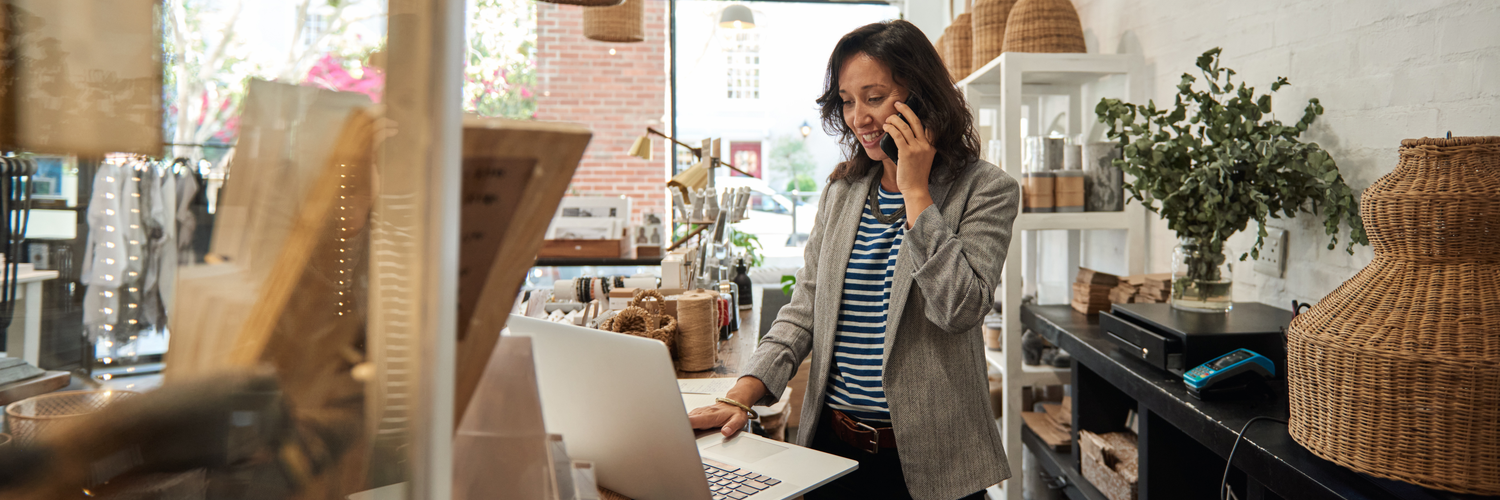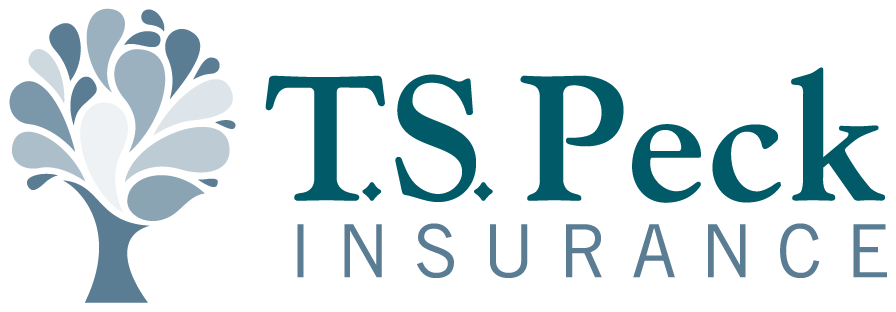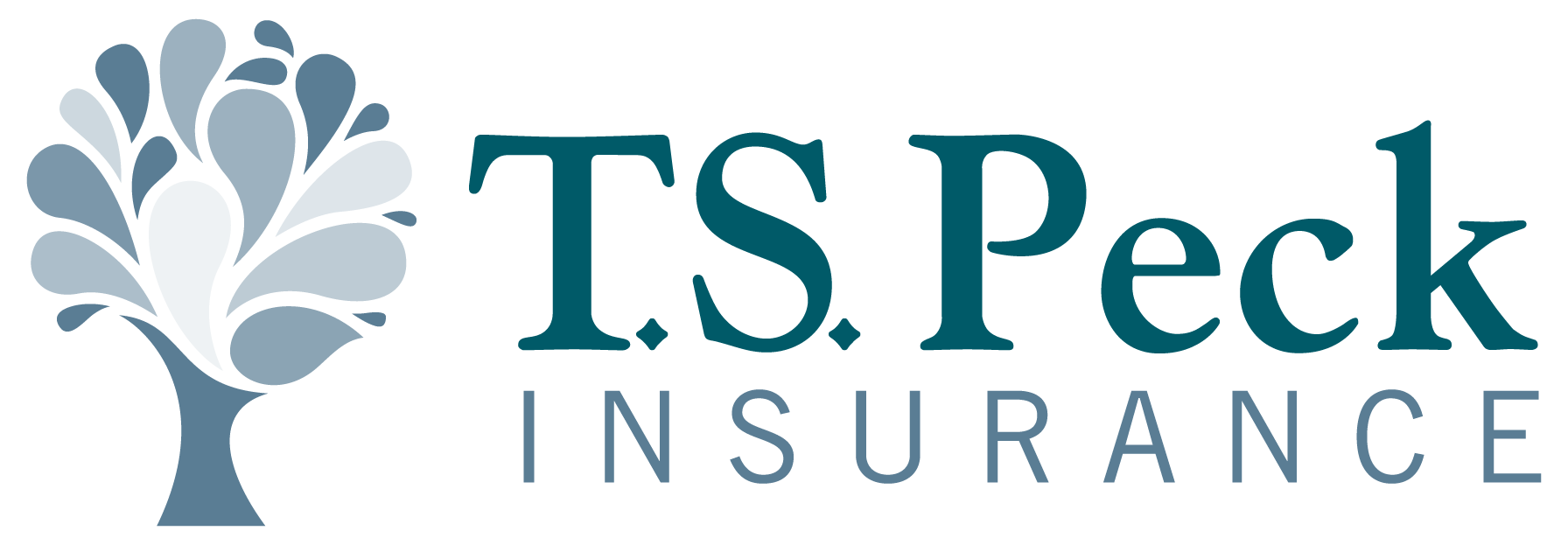Retail Insurance in Vermont


What is retail insurance?
Retail businesses require substantial investments in equipment, inventory and space. Those assets should be protected against loss whenever possible, and businesses too should protect themselves from potential lawsuits. Retail insurance may help retailers in Vermont shield themselves from many risks.
Retail insurance is specialized commercial insurance for retail businesses. Policies typically provide multiple property and liability protections in order to provide robust coverage.
Get a Quote
“Friendly and prompt – I have been with T.S Peck for many years and have no complaints with their trusted service. They have always taken a friendly approach to their craft and are always willing to answer all of my questions!”
“We Contacted T.S Peck Insurance to inquire about auto insurance/ After with with Jake, we explored combining our auto and home insurance, in turn realizing a big savings.”
“When I called for a quote, my agent was personable and helpful. He always got back to me quickly with answers, which is extremely important. The entire process was handled in a timely manner and was able to meet my expectations and beyond.”
“Jake Hynes and the folks at T.S. Peck have been awesome to work with! As a recent start-up, we were new to the “buying business insurance” scene. One phone call and all our concerns were laid to rest. The service has been great and the prices are very competitive. We recently price shopped again and found we were still in the best hands!”

What Vermont businesses should have retail business insurance?
Retail business insurance is generally well-suited for brick-and-mortar stores. Vermont retail chains, independent stores, boutique shops and ski shops might purchase this insurance.
E-commerce retailers often need some similar coverages, but they don’t always have the exact same needs. Businesses that sell exclusively online might be better served by e-commerce insurance. An insurance agent who specializes in retail and e-commerce policies can help businesses determine which option is better for them.
What coverages are available through retail business insurance?
The majority of coverages that retail business insurance policies make available can be categorized as either property protections or liability protections. Property ones typically protect assets against damage and/or loss. Liability ones typically protect against situations where a store could be sued for causing harm to another party.
Common property coverages that stores might want to look for are:
- Building Coverage, which may protect a store’s owned brick-and-mortar building
- Tenants Betterment Coverage, which may protect a store’s build-out in leased space
- General Property Coverage, which may protect merchandise that’s in stock
- Computer Property Coverage, which may protect POS systems, computers and CCTV recorders
- Signage Coverage, which may protect exterior signs and awnings in front of a store
- Income Loss Coverage, which may protect against revenue losses that follow natural disasters
Common liability coverages that stores might want include:
- General Liability Coverage, which might cover slip-and-fall accidents and false advertising
- Product Liability Coverage, which may cover harm and property damage caused by sold products
- Cyber Liability Coverage, which may cover data breaches that compromise credit card numbers
- Commercial Umbrella Liability Coverage, which may cover expensive suits with secondary protection
Stores can typically also purchase fidelity coverage, utility interruption coverage, money and securities coverage, commercial auto coverage, backup sewer and drain coverage, and others if desired. A knowledgeable insurance agent can help sort through all of the available options.

Get in touch with our team!

For questions or concerns, please contact our independent insurance agents.
Office: 41 IDX Drive, Suite 135
South Burlington, VT 05403
Office: 158 Lake St,
St Albans, VT 05478
